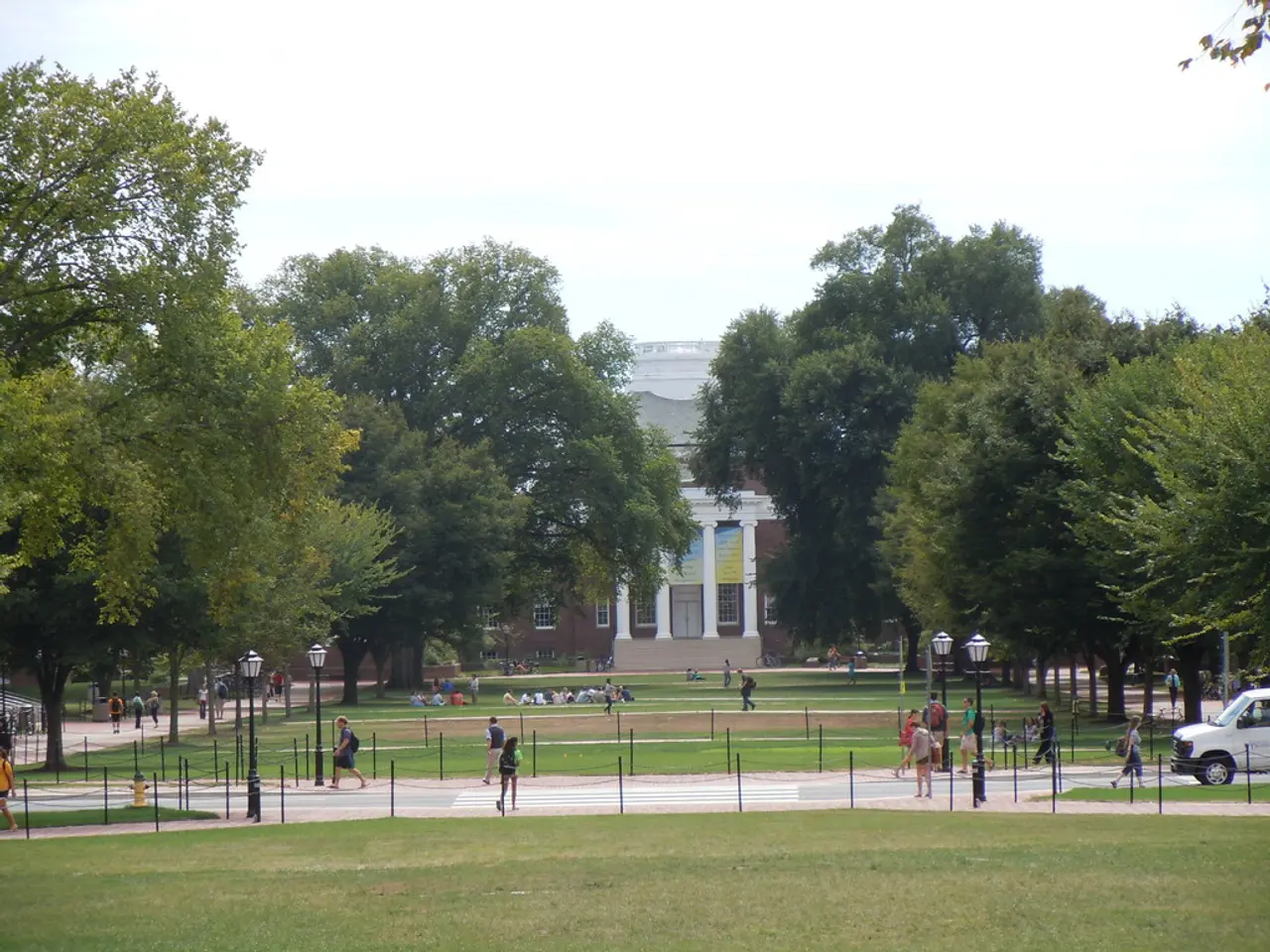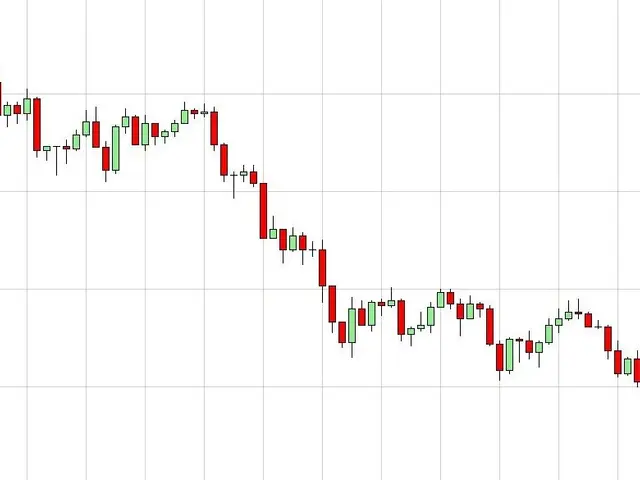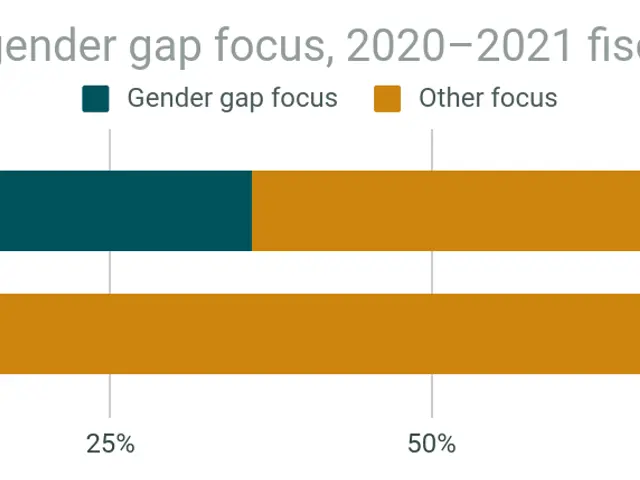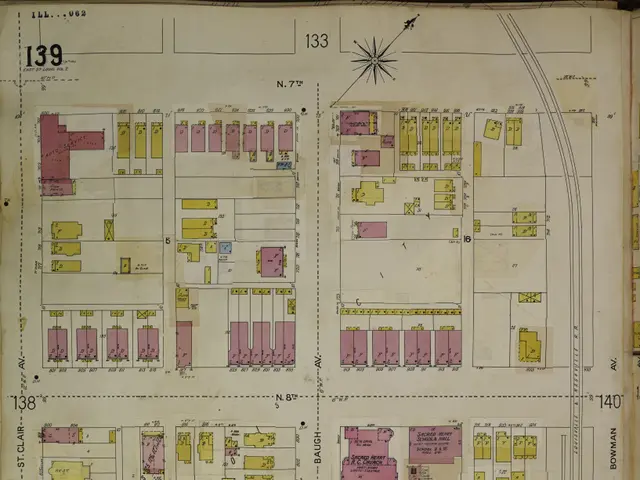Controversy arises over plan to shorten duration of US student visas
The US Department of Homeland Security (DHS) has announced its intention to modify the F-1 student and J-1 exchange visitor visa categories, a move that has sparked controversy among higher education groups and international education advocates.
The proposed changes, set to take effect on September 2, 2025, would eliminate the 'duration of status' policy that allows individuals with F-1 student and J-1 exchange visitor visas to remain in the US while they are enrolled as full-time students. This modification includes changes to the four-year time limit on visas for international students and researchers.
Higher education groups have criticized the Trump administration's proposal, with the Presidents' Alliance on Higher Education and Immigration stating that it would create additional uncertainty, intrude on academic decision-making, increase bureaucratic hurdles, and risk deterring international students, researchers, and scholars from coming to the US.
The Presidents' Alliance is urging higher education institutions and stakeholders to submit public comments directly to DHS to demonstrate the negative impacts of the proposed rule. The organization's president and CEO, Miriam Feldblum, stated that the rule would impose significant burdens on students, colleges and universities, as well as on federal agencies, and would increase the existing immigration application backlog.
The proposal adds an unnecessary layer of government bureaucracy, according to higher education groups. Fanta Aw, chief executive of NAFSA: Association of International Educators, spoke out in opposition to the proposal, noting that deterring international students would have a negative impact on the US economy, innovation, and global competitiveness.
The DHS spokesperson stated that the changes are aimed at addressing safety risks, costing untold amounts of taxpayer dollars, and disadvantaging US citizens. However, the organizations warn that the move will deter talented researchers and harm the US economy.
Meanwhile, the Chinese government has introduced a new visa category for young science and technology talent, offering a visa process with greater flexibility and fewer barriers, in contrast to the US's proposed changes. The new Chinese 'K visa' category, effective from 1 October 2025, allows for more permitted entries and a longer duration of stay.
Rebecca Trager, the author of several news stories on the topic, has reported on the dissent among National Science Foundation employees, the potential impact on federal funding for basic research, and the added bureaucracy in the Trump administration's proposal. Her articles, including "National Science Foundation employees' dissent declaration aired by House science committee," published on July 24, 2025, "Federal funding for basic research would fall to levels not seen since 1990s under Trump proposal," published on July 16, 2025, and "Trump's latest rule on research grants sidelines scientific merit and adds bureaucracy, academic groups warn," published on August 15, 2025, provide insight into the ongoing debate.
As the September 2 implementation date approaches, the future of international students and researchers in the US remains uncertain. The proposed changes to the F-1 student and J-1 exchange visitor visa categories continue to be met with criticism from higher education groups and international education advocates, who argue that the changes would have a negative impact on the US economy, innovation, and global competitiveness.
Read also:
- Peptide YY (PYY): Exploring its Role in Appetite Suppression, Intestinal Health, and Cognitive Links
- Toddler Health: Rotavirus Signs, Origins, and Potential Complications
- Digestive issues and heart discomfort: Root causes and associated health conditions
- House Infernos: Deadly Hazards Surpassing the Flames








